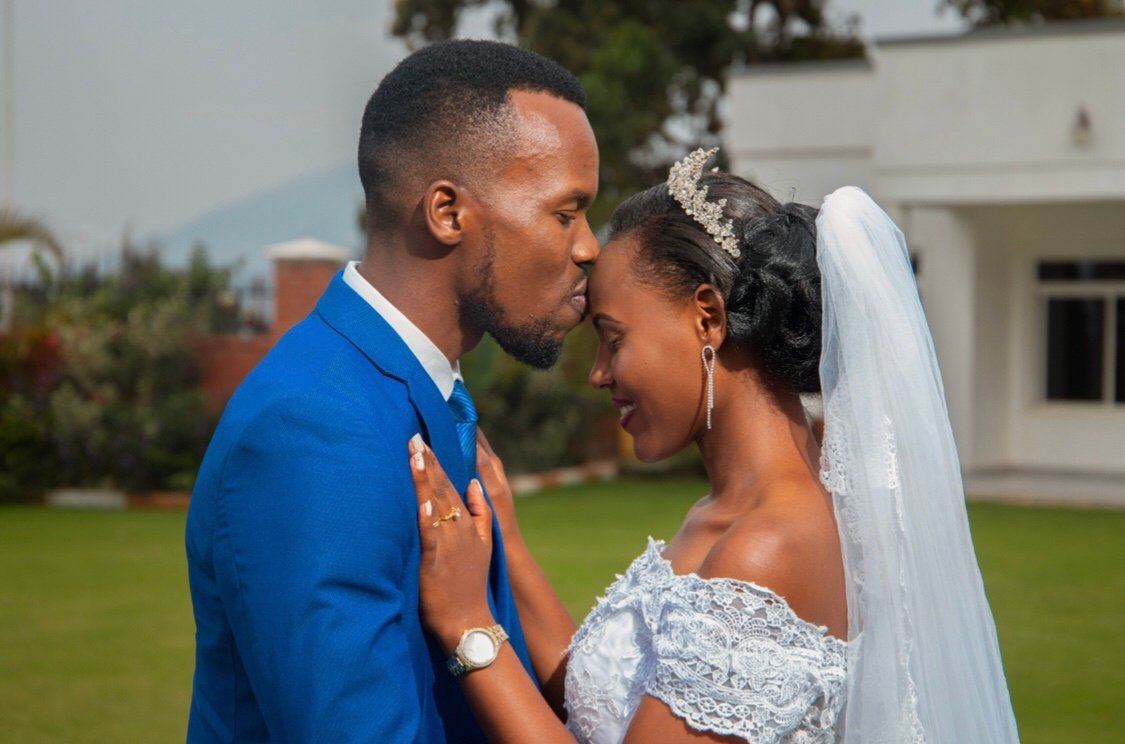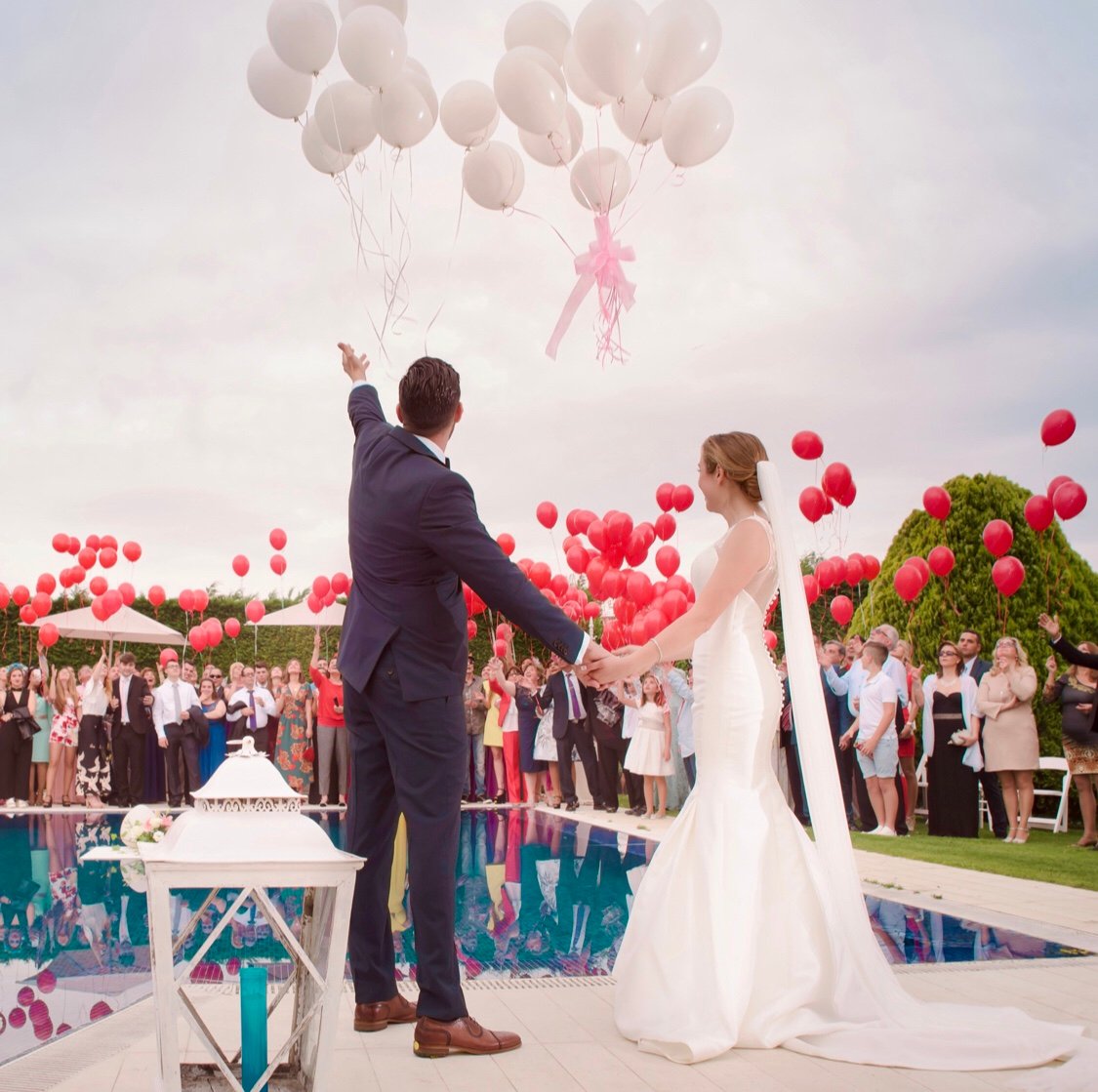
The calendar year is full of holidays, and you (and your guests) lead busy lives with work and family obligations. Settling on the best day to get married is more challenging than expected, especially at certain times of the year.
Let our guide simplify things for you. We’ve got answers to the most common questions about wedding dates, as well as tips on choosing the right one, steering clear of holidays, and lucky wedding days. Break out the calendar, grab a pencil, and let’s get started!
What’s the best day to get married? 11 common questions, answered:
1. What day of the week is best for a wedding?
Hands down, Saturday is the most popular day of the week for weddings. Many people have off from work, and it gives out-of-town guests Friday evening and Saturday morning to travel. It also gives you and your guests Sunday to recover from the festivities before it’s back to work or honeymoon time.
Today, however, people are increasingly choosing weekday weddings. They’re more affordable than Saturday and Sunday weddings, and the venues couples want are more available.
2. What are the most popular months for weddings?
September, October and November are increasingly popular wedding months, and the number of fall weddings have overtaken classic spring and summer weddings. Of course, May or June weddings will always be popular. But Pinterest’s 2017 Wedding Report showed a 202% year-over-year increase for autumn wedding ideas.
Still, keep in mind that people get married throughout the calendar year. From destination January weddings in Colorado to backyard summer bar-b-ques in New York, there is no wrong month to get married. These three questions can help you and your beloved narrow down your wedding month:
- Is there a month that has special meaning for you? Perhaps you met during a hiking outing with friends and would like to go hiking with guests in the days before or after your wedding. A wedding in June or September gives you the best shot at cooperative weather. Or, perhaps you want to honor the birthday month of a family member who passed away. Choose your favorite time of year, or a significant date to help zone in on your perfect wedding month.
- Are you throwing a wedding on a budget? Generally, the deep winter months (January, February, and March) are the most affordable for weddings. All the better if you’re a couple who cherishes cozying up in the winter months or enjoy winter sports together.
- Is your venue of choice booked during the summer or spring? Popular wedding venues book early for spring, summer, and fall weddings. If you’re flexible, your venue of choice may be able to accommodate you in February.
3. Can you get married on a Monday?
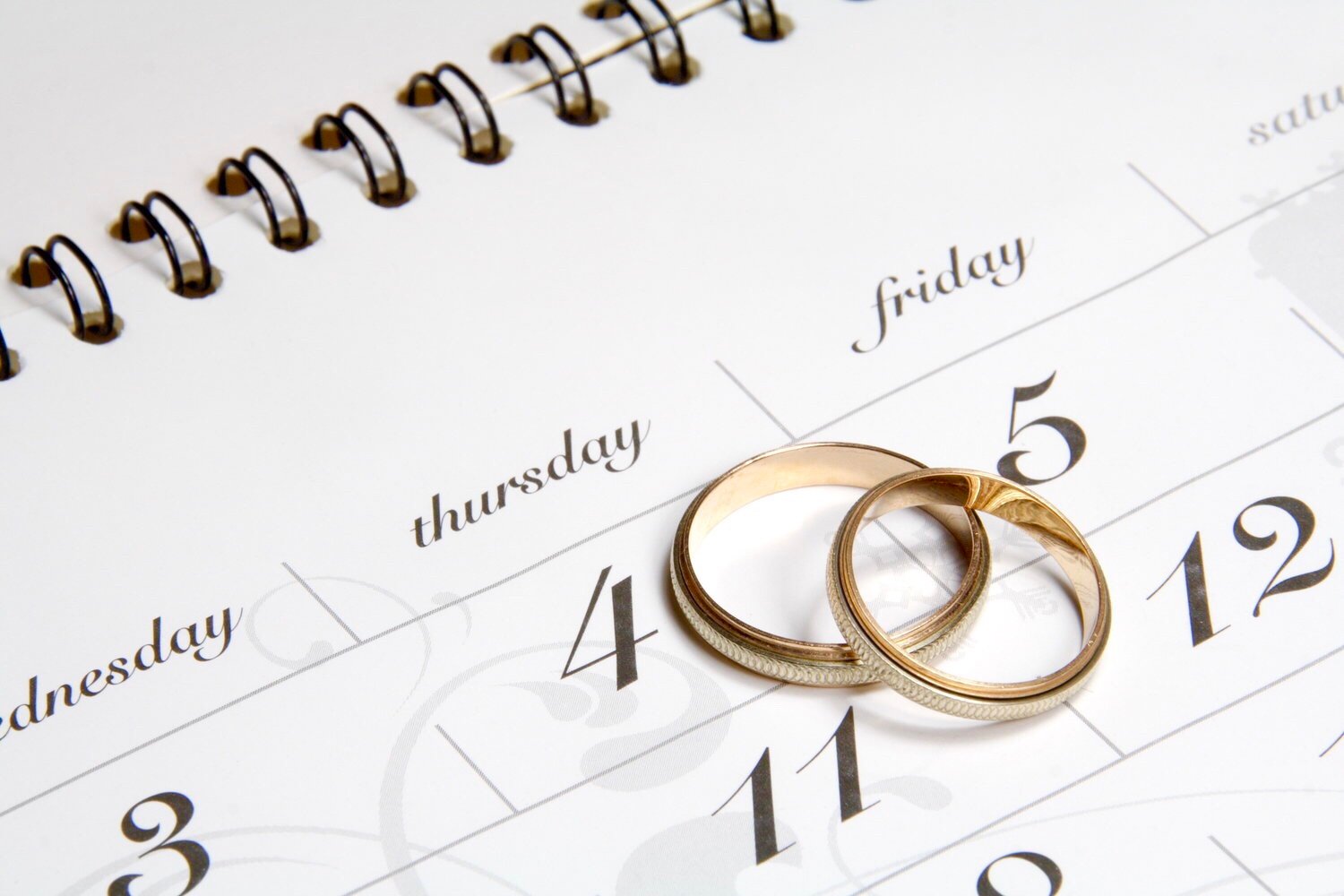
Yes! Monday is a great day to get married, especially if you’re throwing a wedding with a tight budget. Weekday weddings are typically more affordable, with Monday being most affordable and increasing in expense as you get nearer the weekend. Of course, the differential will vary between venues — high-end venues are high-end every day of the week.
If planning a Monday wedding, remember many government holidays fall on Mondays. Some of them may cause scheduling conflicts and issues with long weekend traffic or booked hotel rooms. If you want to get married at town hall, official Monday holidays are definitely out.
4. Can you get married on a holiday?
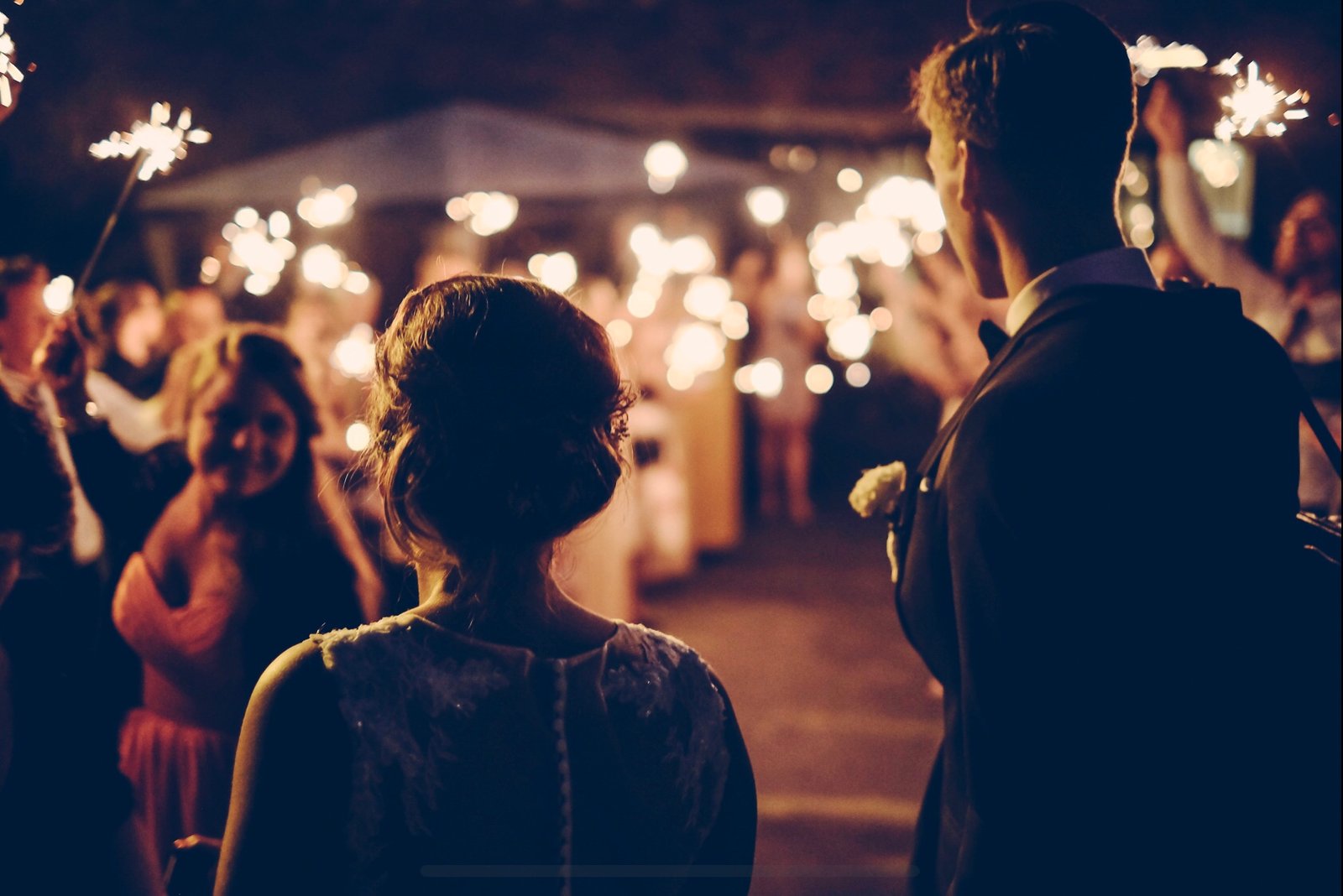
Getting married on or near a holiday can seem like a good idea. Family is perhaps already gathered, there’s a festive vibe in the air, and most venues come already festooned with cheerful holiday decor. However, the downsides come to mind the moment you start pondering the possibility of a holiday (or holiday-adjacent) wedding.
Pros of getting married on a holiday:
- It’s easy to remember your anniversary date.
- Your family may already be gathered together to celebrate.
- Friends and family may get particular holidays off from work, so they won’t have to use as much vacation time traveling to and from your wedding.
- You’ve got a themed wedding already built-in.
- In the future, you get to celebrate two special events in one (your anniversary plus the holiday).
Cons of getting married on a holiday:
- Friends and guests may already have plans to spend time with their family during the holiday.
- It’s an expensive time of year, and your guests may not have extra for your wedding.
- Major holidays are a stressful time to get married. Stores, restaurants, roadways, and hotels are crowded.
- Your wedding date may feel less special in comparison to a major holiday.
5. Can you get married on Christmas Eve or Christmas?
Even if you don’t celebrate Christmas, December 24th and December 25th are tough wedding dates for many reasons. Some of your invitees may prefer spending these days with close family, even if you give them plenty of notice. Travel can be seriously snarled at this time of year. And, finally, many venues may be closed on these dates so their staff can enjoy the holiday, or booked for holiday parties.
That said, you might be able to pull off an intimate wedding with your closest friends on Christmas or Christmas Eve — just be sure to talk to everyone about your plans and make sure the key players are excited by the idea. Another idea is to plan a destination wedding in Costa Rica, where late December is an ideal time to visit. Your small group of close family and friends will have a Christmas to remember.
6. Can you get married on New Year’s Eve?
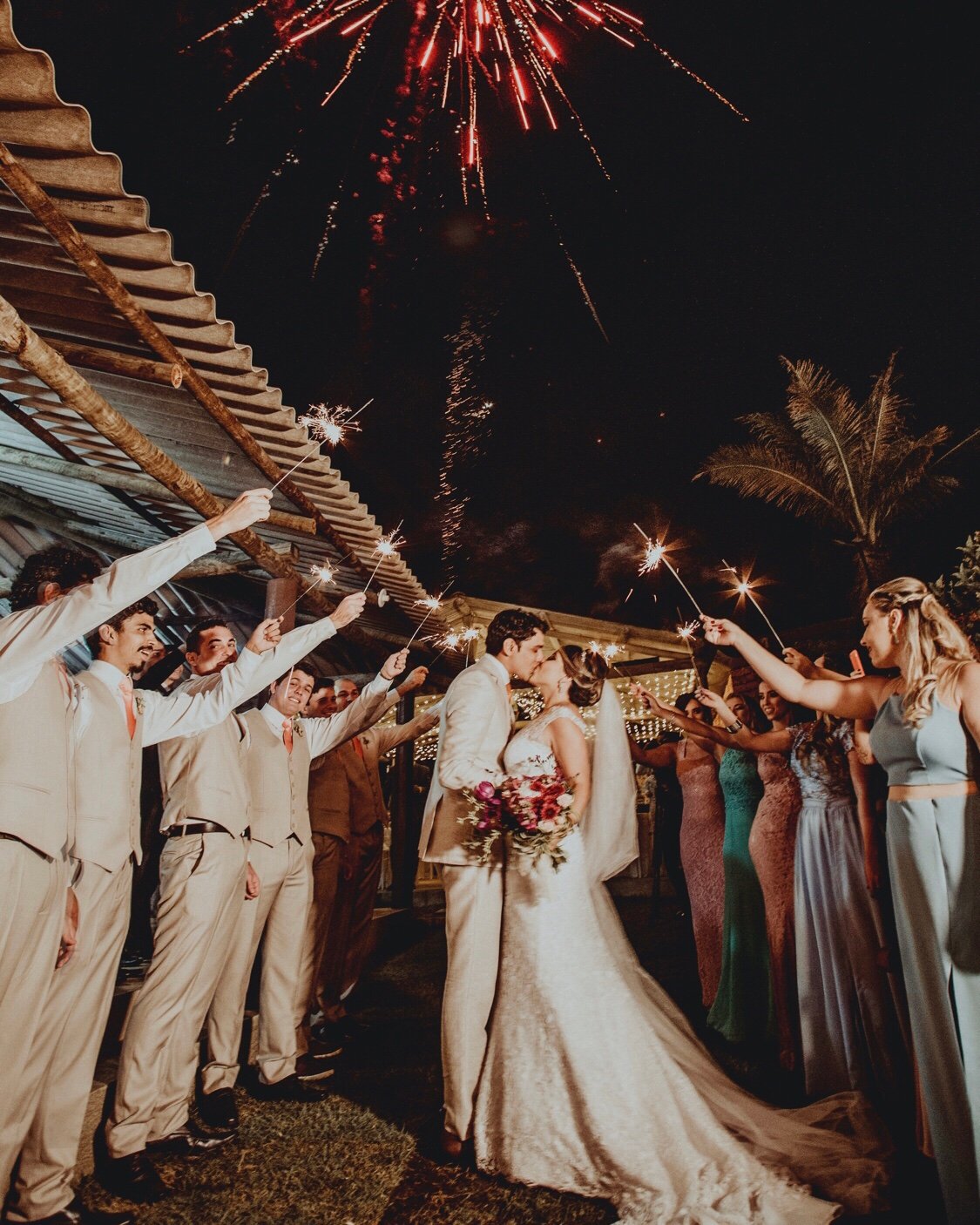
Yes. People love celebrating New Year’s Eve with friends and family, but they’re also usually more flexible with their plans for this holiday. Why not ring in the New Year with your nearest and dearest after tying the knot? Many venues will even have their holiday decorations on display through the New Year.
Some key considerations if you have a New Year’s Eve wedding:
- Make sure the venue is willing to host your celebration past midnight. Your guests shouldn’t have to welcome the New Year in transit or get stuck organizing a mini-celebration at the hotel bar.
- Make a clear countdown plan with your wedding planner.
- Make sure everyone has a designated driver. Combine New Year’s with a wedding and chances are some people will over-imbibe. Hire a limo or van to take out-of-town guests from the venue to the hotel. Or, purchase rideshare passes your guests can access with a special link.
- Offer your vendors an extra tip for working on the holiday.
Don’t forget that there are holiday travel challenges during the entire holiday season, which extends to January 2nd.
7. Can you get married on New Year’s Day?
There are significant downsides to getting married on New Year’s Day. Your guests may have overdone it during their New Year’s Eve celebrations. Similarly, your vendors and catering staff may have celebrated later than planned and be off their game on your big day. Finally, many businesses are closed, making last-minute errands a challenge.
Keep in mind: Picking a wedding date that works for all of your guests is impossible — and you shouldn’t try.
8. Can you get married on July 4th?
Yes, but there are more cons than pros to choosing this date. On the pro side: July is a popular month for weddings, your guests may have time off from work, and venues may offer you a discounted rate because it isn’t a competitive date.
On the negative side: People often plan long weekends or mini-vacations around July 4th. Also, depending on the location of your wedding, this can mean clogged roads, busy airports, and booked hotels.
9. Can you get married on Good Friday? Or on the Sabbath? Or during Ramadan? Or during Sukkot?
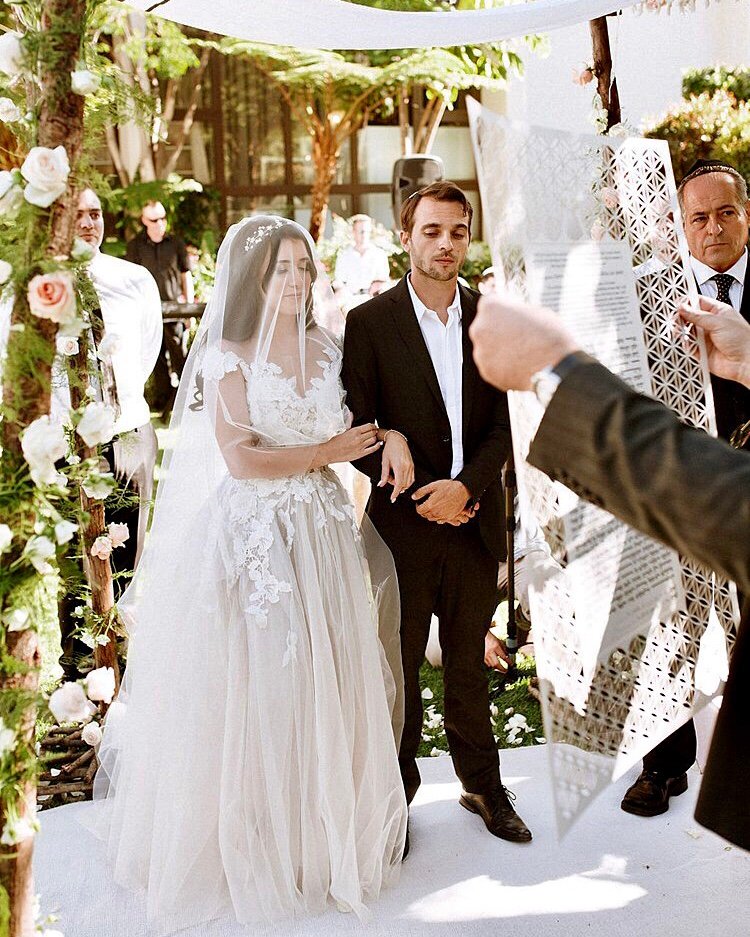
For religious couples planning a wedding — whether they are Muslim, Christian, Jewish, Buddhist, or another religion — the question of wedding dates and holy days arises. Are you allowed to get married on religious holidays in your tradition? These dates can also be an issue for couples who aren’t religious, but have close friends and family who observe the holidays. Finally, in many instances, getting married in your house of worship on a religious holiday probably won’t be possible because of scheduled services.
Ultimately, this is a decision you must make based on your beliefs and your religion’s holy days. Talk with close family and friends, and seek guidance from a trusted religious leader, and you’ll figure out which dates to remove from the running.
10. What are some of the luckiest and unluckiest days to get married?
Do you or your partner have a superstitious streak? Folklore, culture, and ancient superstitions give meaning (positive and negative) to specific dates. It’s also possible you think sharing your wedding day with another special day is lucky — or unlucky. Your preferences will be personal, but superstitions to consider include:
- Numerology. Dates with strong numerical patterns are considered lucky, such as 2/21/21, 11/11/20, or 2/22/22.
- Special dates. Your engagement date. The anniversary of your first date. The birthday of a loved one. The date a loved one died. These important dates may be ones you feel strongly about selecting or avoiding.
- Phases on the moon. Weddings held on a full moon are thought to be stable, happy, and prosperous. In some folk traditions, a decreasing, or waning moon, is considered unlucky timing as this is a time for endings.
- Ides of March. This day (March 15) marks the date of the assassination of Julius Caesar. But unless you’re a fan of Shakespeare, “Beware the Ides of March” probably has little meaning. Theater buffs may even find this an auspicious day to get married.
- Leap years. Every four years, the month of February has an extra day. Various superstitions arose around the date (February 29), including the belief that marriage on a leap year would end in divorce.
- Friday the 13th. This date is associated with terrible luck and a well-known scary movie. In certain cultures, however, the number 13 is considered lucky.
- Black Friday. The Friday after Thanksgiving is a challenging day for a wedding because people are recuperating from their Turkey stupor and may still be with family. It’s also a busy day on the roads because of holiday shoppers looking for deals.
- Birthdays. You won’t likely forget an anniversary down the road with a wedding on one of your birthdays. But, be considerate of the birthdays of close family and friends, and deliver a special cake and round of ‘Happy Birthday’ to anyone having a birthday on your wedding day.
11. What other days should you keep in mind when choosing your wedding date?
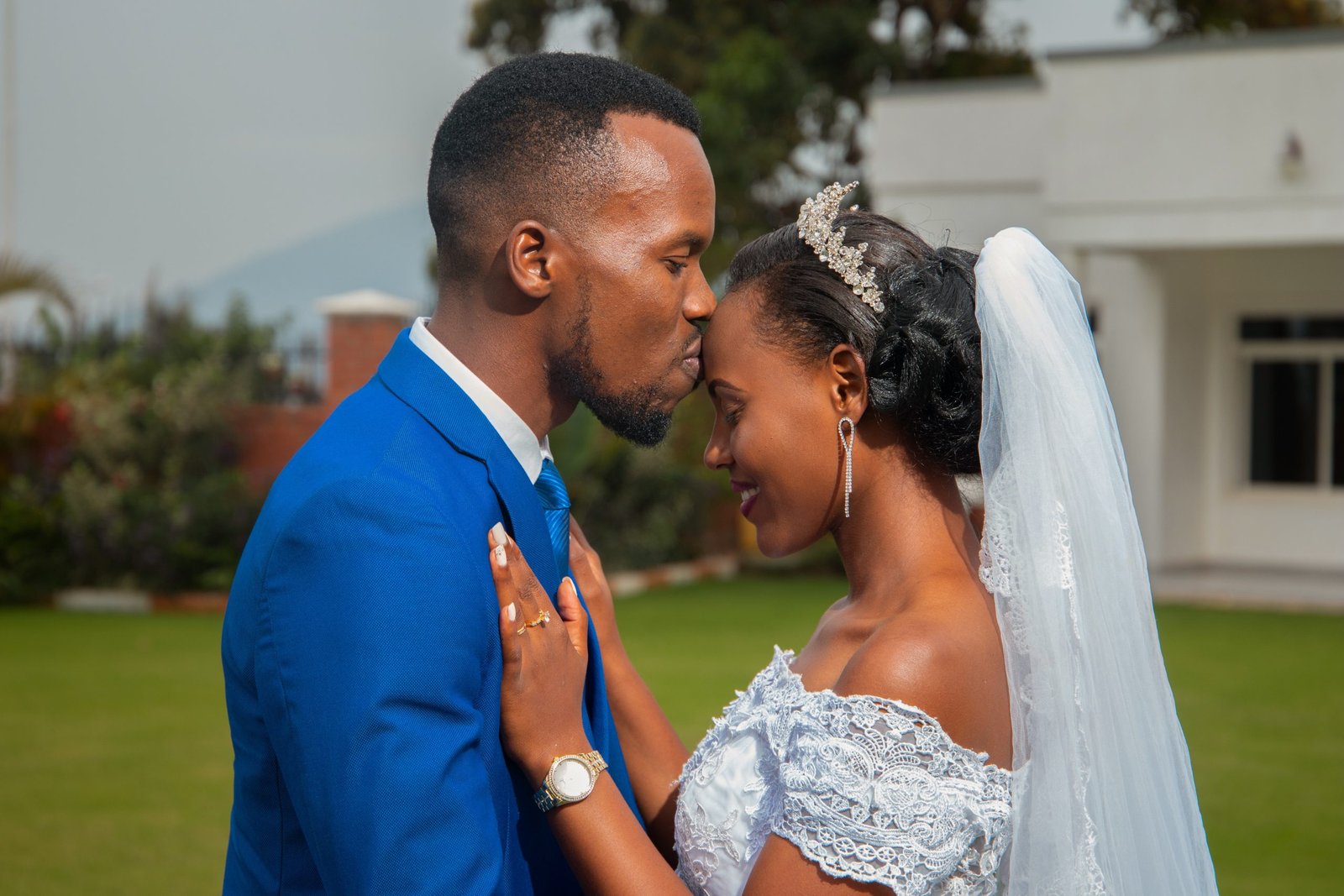
Getting married on Fat Tuesday (AKA Mardi Gras) is probably only an issue if you live in New Orleans. And, while a holiday like Halloween is a popular wedding date for some people, it might be an issue for guests with young children or a passion for cosplay.
Pick the wedding day that’s right for you!
Some of the dates on this list aren’t official holidays, but are nevertheless celebrated widely. Only you can decide the best day to get married, based on your preferences and personal history. If you met your future spouse on St. Patrick’s Day, then that could be the best day for your wedding!
Keep in mind: Picking a wedding date that works for all of your guests is impossible — and you shouldn’t try. But it’s smart to discuss the above dates, as well as significant personal dates, with close family and the wedding party before choosing your special day. This will avoid conflicts, complaints, and possible April Fool’s jokes on your wedding day — if that doesn’t appeal to you and your beloved.
Article via www.wedding-spot.com

